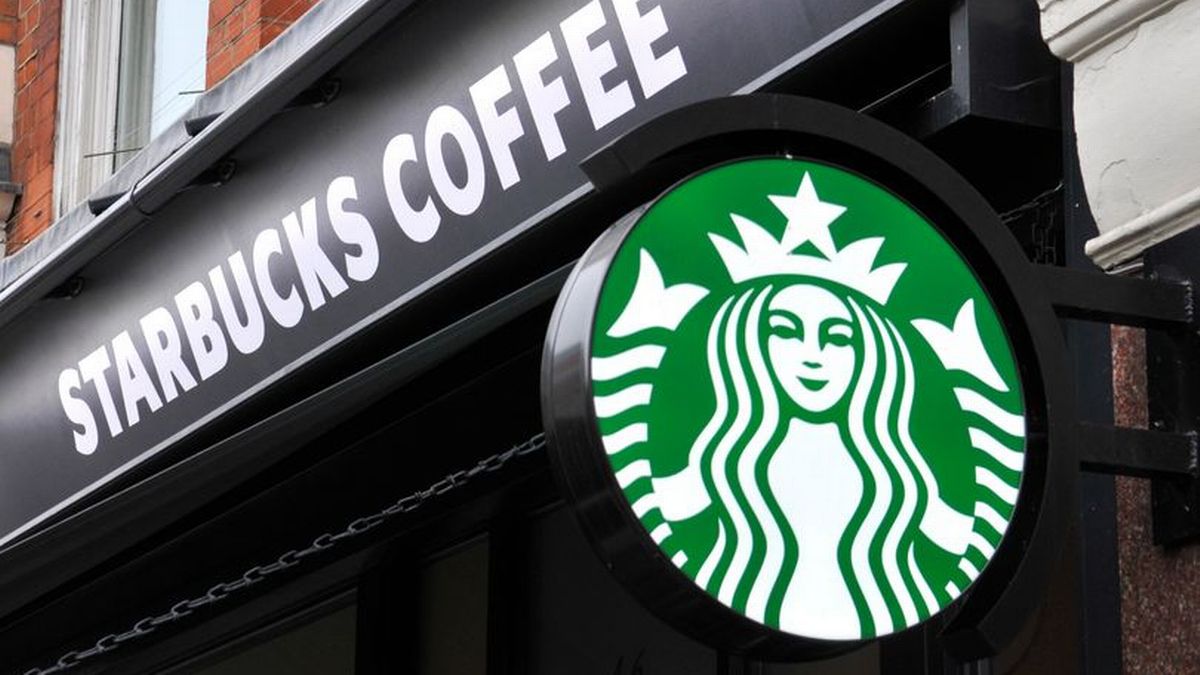Everyone knows that kind of advert that never leaves a dry eye in the house. The new Starbucks advert in the UK definitely joins that category. Once the heart-melting music starts to play, the viewer gets to know “Jemma” who is transitioning and does not identify with their birth name. During the advert you see them face everyday challenges with their identity and how they dare to try out their new name at Starbucks. In the end the barista calls out their true name, James, closing the video with a moment of acceptance.
The advert is inspired by a social media movement of transgender people sharing their stories on YouTube, which has won the fourth Channel 4’s Diversity in Advertising Award.
According to the leading trans equality charity Mermaids, Starbucks is a “safe place” to have one’s new name called out loud for the first time, away from potential judgement of family and friends.
Sonja Howells, a student from the West Midlands area came out as a transgender female at 14. In an interview with the BBC she remembers how “the cup with my name on it was like a badge of honour – it was a symbol that I finally knew who I was”. According to the BBC, Starbucks will partner up with the Mermaid Charity to highlight their work in supporting gender-diverse children, young adults and their families. Alongside the advert, mermaid cookies are sold across the UK, donating some profit of the sale to the charity. Since the campaign started the Mermaid charity has already seen a 600% increase in demand for its helpline service in the past five years.
Despite all the positive responses, brands that suddenly seem to support the LGBTQ + Community have been accused of “rainbow-washing”. The Urban Dictionary defines rainbow-washing as
“the act of using or adding rainbow colors and/or imagery to advertising, apparel, accessories, landmarks, et cetera, in order to indicate progressive support for LGBTQ equality (and earn consumer credibility) — but with a minimum of effort or pragmatic result.”
Even though Alex Rayner, the general manager of Starbucks, strongly denies this accusation, one should bear in mind that every advertisement aims ultimately to increase sales, leaving some question of what the advertisement’s real goal is.
However, a YouGov study commissioned by Channel 4 found out that only 3 % of TV ads last year featured LGBTQ+ people, despite them making up at least 6% of the population. Moreover, only 0.3% of the ads featured transgender people who make up 1% of the population. Undeniably there is still a lack of representation of the LGBTQ+ community in the media. According to the Mermaid Charity “transphobia is everywhere” in the UK. Despite profiting off of transgender stories, Starbucks puts those on screen who are often unheard and unseen by the public. By showing support of the LGBTQ+-Community, Starbucks is taking a step in the right direction to reduce intolerance.
Header image credit: Birmingham Mail

